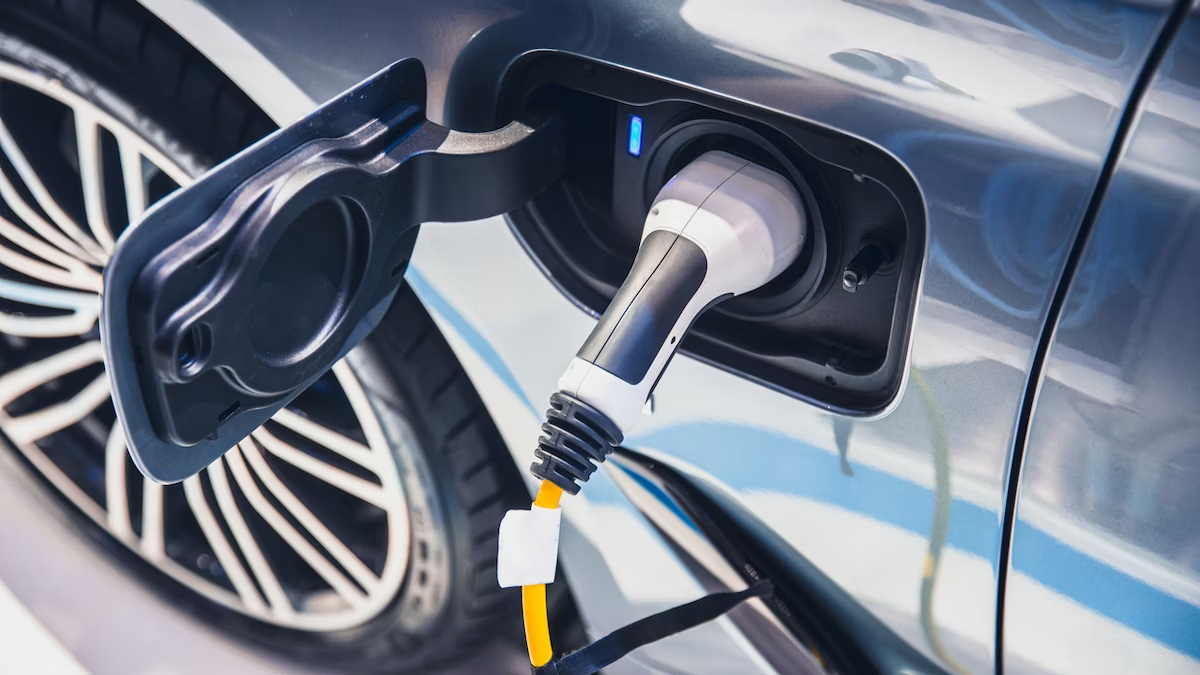- Home
- Medical news & Guidelines
- Anesthesiology
- Cardiology and CTVS
- Critical Care
- Dentistry
- Dermatology
- Diabetes and Endocrinology
- ENT
- Gastroenterology
- Medicine
- Nephrology
- Neurology
- Obstretics-Gynaecology
- Oncology
- Ophthalmology
- Orthopaedics
- Pediatrics-Neonatology
- Psychiatry
- Pulmonology
- Radiology
- Surgery
- Urology
- Laboratory Medicine
- Diet
- Nursing
- Paramedical
- Physiotherapy
- Health news
- Fact Check
- Bone Health Fact Check
- Brain Health Fact Check
- Cancer Related Fact Check
- Child Care Fact Check
- Dental and oral health fact check
- Diabetes and metabolic health fact check
- Diet and Nutrition Fact Check
- Eye and ENT Care Fact Check
- Fitness fact check
- Gut health fact check
- Heart health fact check
- Kidney health fact check
- Medical education fact check
- Men's health fact check
- Respiratory fact check
- Skin and hair care fact check
- Vaccine and Immunization fact check
- Women's health fact check
- AYUSH
- State News
- Andaman and Nicobar Islands
- Andhra Pradesh
- Arunachal Pradesh
- Assam
- Bihar
- Chandigarh
- Chattisgarh
- Dadra and Nagar Haveli
- Daman and Diu
- Delhi
- Goa
- Gujarat
- Haryana
- Himachal Pradesh
- Jammu & Kashmir
- Jharkhand
- Karnataka
- Kerala
- Ladakh
- Lakshadweep
- Madhya Pradesh
- Maharashtra
- Manipur
- Meghalaya
- Mizoram
- Nagaland
- Odisha
- Puducherry
- Punjab
- Rajasthan
- Sikkim
- Tamil Nadu
- Telangana
- Tripura
- Uttar Pradesh
- Uttrakhand
- West Bengal
- Medical Education
- Industry
High-power chargers for electric cars did not interfere with cardiac implantable electronic devices

High-power chargers for electric cars did not interfere with cardiac implantable electronic devices suggests a new study published in the EP Europace
Battery electric vehicle (BEV) sales and use are rapidly expanding. Battery electric vehicles, along with their charging stations, are a potential source of electromagnetic interference (EMI) for patients with cardiac implantable electronic devices (CIEDs). The new ‘high-power’ charging stations have the potential to create strong electromagnetic fields and induce EMI in CIEDs, and their safety has not been evaluated.
A total of 130 CIED patients performed 561 charges of four BEVs and a test vehicle (350 kW charge capacity) using high-power charging stations under continuous 6-lead electrocardiogram monitoring. The charging cable was placed directly over the CIED, and devices were programmed to maximize the chance of EMI detection. Cardiac implantable electronic devices were re-interrogated after patients charged all BEVs and the test vehicle for evidence of EMI. There were no incidences of EMI, specifically no over-sensing, pacing inhibition, inappropriate tachycardia detection, mode switching, or spontaneous reprogramming. The risk of EMI on a patient-based analysis is 0/130, and the risk of EMI on a charge-based analysis is 0/561 The effective magnetic field along the charging cable was 38.65 µT and at the charging station was 77.9 µT.
The use of electric cars with high-power chargers by patients with cardiac devices appears to be safe with no evidence of clinically relevant EMI. Reasonable caution, by minimizing the time spent in close proximity with the charging cables, is still advised as the occurrence of very rare events cannot be excluded from our results.
Reference:
Lennerz C, Schaarschmidt C, P, Knoll K, Kottmaier M, Reents T, Bourier F, Lengauer S, Popa M, Wimbauer K, Bahlke F, Krafft H, Englert F, Friedrich L, Schunkert H, Hessling G, Deisenhofer I, Kolb C, O'Connor M. High-power chargers for electric vehicles: Are they safe for patients with pacemakers and defibrillators? EP Europace. 2023 Apr 17 [Epub ahead of print]. doi: 10.1093/europace/euad042.
Dr. Shravani Dali has completed her BDS from Pravara institute of medical sciences, loni. Following which she extensively worked in the healthcare sector for 2+ years. She has been actively involved in writing blogs in field of health and wellness. Currently she is pursuing her Masters of public health-health administration from Tata institute of social sciences. She can be contacted at editorial@medicaldialogues.in.
Dr Kamal Kant Kohli-MBBS, DTCD- a chest specialist with more than 30 years of practice and a flair for writing clinical articles, Dr Kamal Kant Kohli joined Medical Dialogues as a Chief Editor of Medical News. Besides writing articles, as an editor, he proofreads and verifies all the medical content published on Medical Dialogues including those coming from journals, studies,medical conferences,guidelines etc. Email: drkohli@medicaldialogues.in. Contact no. 011-43720751


